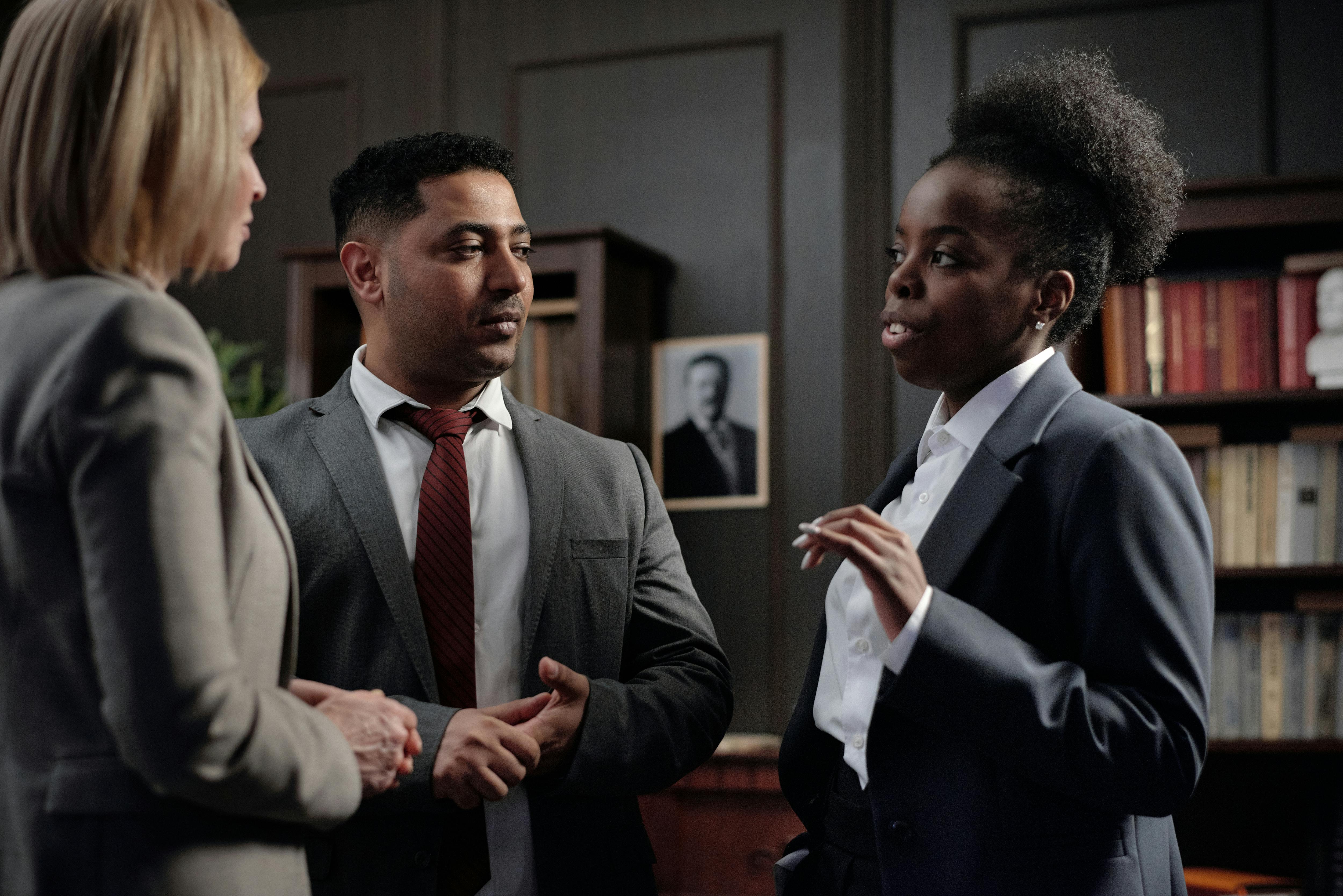Harry Truman declared, “The only new thing in the world is the story you don’t know.” Truman spent many years studying the history of those who came before him. His study paid off. Truman today is considered one of the most important presidents of the United States. The reason history is important is because we live in a universe of cause and effect. Similar options produce similar results at the individual (micro) and national (macro) level. History is the history of the decisions made and the results of those decisions. LESSON ONE: Find out what worked and what didn’t, and why You can use the story as a case study in business school. Example: Mark Twain became a partner in a publisher, Webster & Co., which published “Personal Memoirs of the American Grant.” Twain also obtained the rights to the authorized biography of Pope Leo III. The first book became a bestseller. The second sold poorly. Both posts seemed like good ideas. Twain assumed that buying the pope’s biography would be a must-read for American Catholics. It was not. At the time, many working-class Irish and German Catholics could not read and those who could had little discretionary income to buy books. Grant’s memoirs became a literary and financial triumph because they were written by a popular president who had just died, they provided a privileged account of the Civil War, which was a fascinating subject for millions, and they were so well written. (See Fred Kaplan, “The Singular Mark Twain.” NY: 2003, Doubleday, pp. 422, 423)
LESSON TWO: There is magic in thinking Big Ted Turner is the most thinking person I have ever met personally. He literally changed the world with CNN. Changing the world is exactly what he intended to do. I was an on-air host and producer on TBS when CNN was being planned. But I had no idea how big Ted was thinking. And where did Ted Turner get his inspiration from? From history. One of Turner’s favorite characters when he was young was Alexander the Great, who is said to have wept because he had no more worlds to conquer. An in-depth study of history can raise your aspirations. When you discover what others have been able to accomplish under adverse conditions and often with little benefit, you may hear a voice within you saying, “I can do something important too.” “Do not make small plans; they have no magic to remove the blood of men.” The quote is from Daniel H. Burnham. Here’s a miniature sketch of the man behind the quote. Burnham, who is the subject of Erik Larson’s beautifully written new book “The Devil in the White City,” was the man who made the Chicago World’s Fair possible. He was Director of Works, World’s Columbian Exposition, 1893. Burnham and his partner John Wellborn Root designed some of Chicago’s first skyscrapers. His plan for Chicago was used for many years and is considered a classic example of urban planning. The “Time Tactics of Highly Successful People” book contains a comprehensive section on how high achievers make plans. For information on how to obtain this book, visit http://www.achievementdigest.com/timetacticsofverysuccessfulpeople.html LINCOLN REGISTRATION Lincoln still influences decisions. Christie Hefner, president and CEO of Playboy Enterprises, recently told a New York Times writer that she had learned an invaluable leadership lesson from Lincoln. Here’s a quote from that interview: “In leadership, it’s not about what you say; it’s about what the other person hears. If you articulate yourself well, like Lincoln, you have a tendency to think, ‘I made myself Very clear. ‘But the point is, Lincoln realizes, what did the other person hear? “You generally think of Lincoln as a politician, which he was, but his calling was the law. He served about 1,500 days as president and 23 years as a lawyer. During that time he treated approximately 5,000 cases, an average of about 200 a year. In the huge Eighth Judicial Circuit of Central Illinois, Lincoln had the highest number of individual cases. During his career, Lincoln was involved in 15 murder cases. Of these, four men were found innocent (one for insanity), two were charged but not prosecuted, one escaped during trial, six were convicted of the lesser charge of murder, and only two were found guilty and sentenced to hang. (Lincoln Legal Briefs, July-September 1996, No. 39)
A quaint note has survived from one of Lincoln’s civil cases in the 1850s. “If you settle, I won’t charge anything for what I’ve done, and thank you too. By settling, you’ll probably get your money sooner. and with much less hassle and expense. ” (Journal of the Abraham Lincoln Assn., Vol. 16, No. 2, pp. 4, 5) Lincoln understood that commitment is necessary in everyday life. “Persuade your neighbors to compromise whenever you can,” he wrote at a conference for lawyers. “Point out that the nominal winner is usually a real loser – in fees, expenses, and waste of time.” Learn how Lincoln communicates on the recently released “Lincoln On Communication” DVD. It is widely used as an instruction manual in leadership and communication programs, but it is also valuable for self-study. Comes with an instructor guide. For information on how to obtain this valuable resource, go to http://www.achievementdigest.com/lincoln%20on%20communication.html Another Lincoln resource is the book “The Words of Lincoln Lived.” For information, visit http://www.achievementdigest.com/thewordslincolnlivedby.html. The book is available as a spoken audio tape. For information, visit http://www.achievementdigest.com/inspirationalwords.html Quantity pricing is available. One of our readers ordered 200 copies to give to clients and prospects. This article are excerpts from The Achievement Digest www.achievementdigest.com
(For a free subscription, go to www.achievementdigest.com and follow the instructions.)
Gene Griessman, Ph.D. Editor and publisher www.achievementdigest.com



